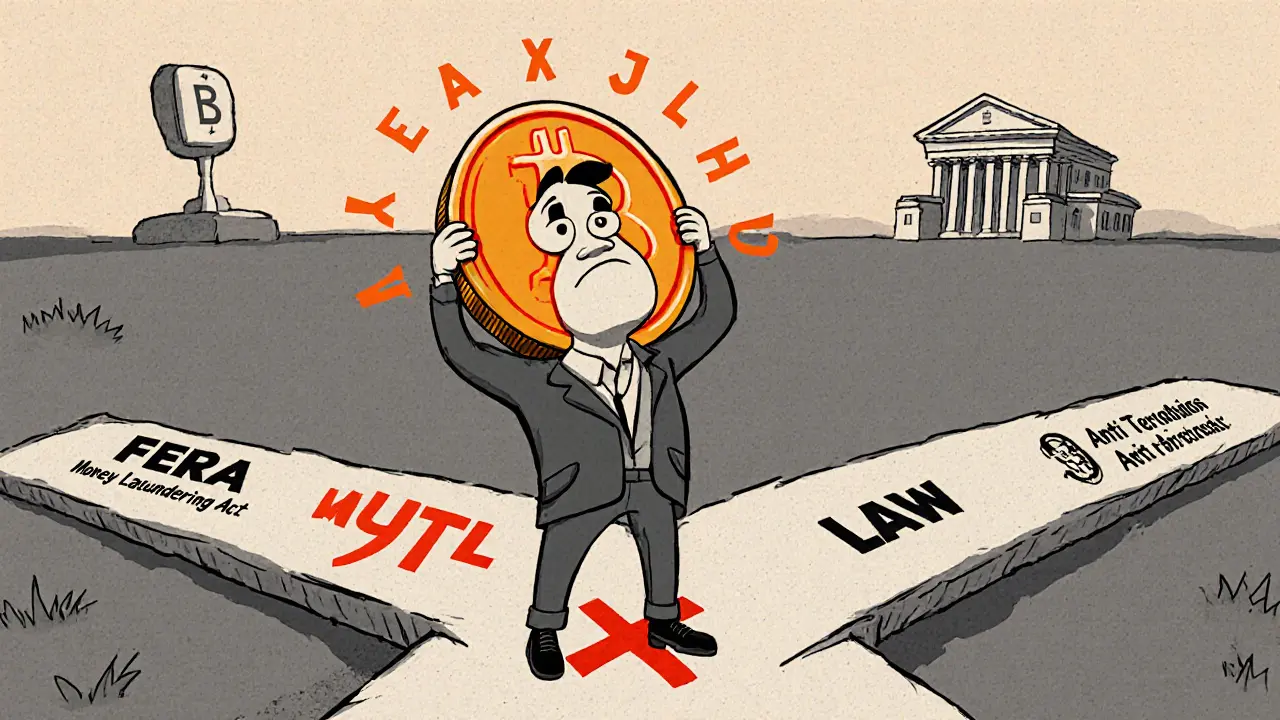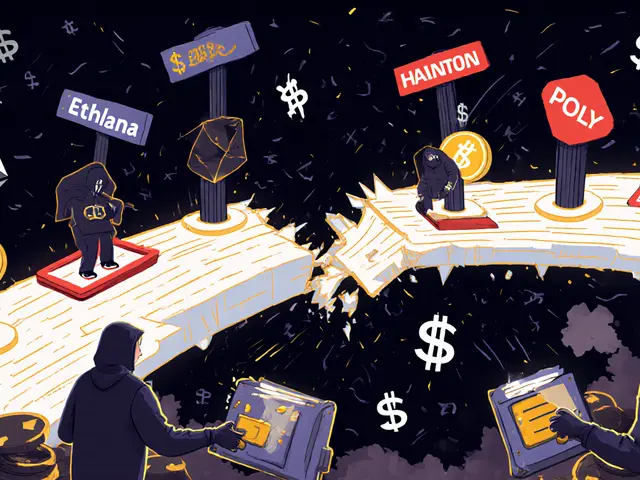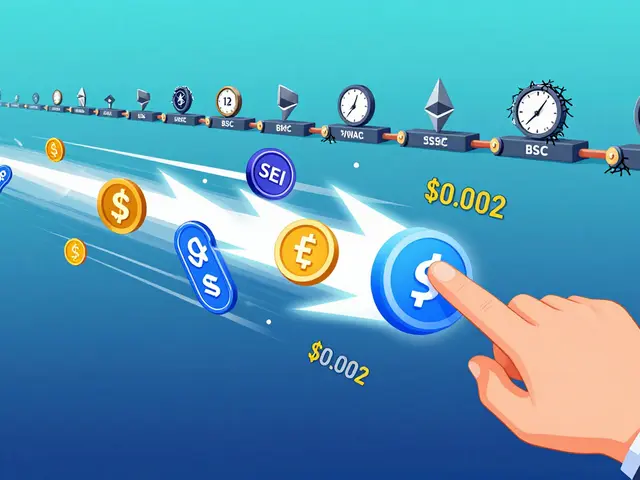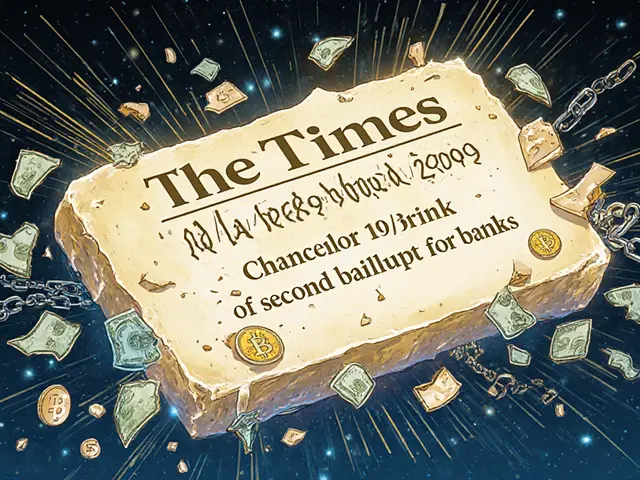Crypto Trading Legal Status: Where It’s Allowed, Banned, and Regulated in 2025
When you trade cryptocurrency, you’re not just buying a coin—you’re stepping into a crypto trading legal status, the set of laws and rules that determine whether buying, selling, or holding digital assets is permitted in your country. Also known as cryptocurrency regulation, it varies wildly—from full freedom to outright bans, with heavy fines or even jail time waiting for those who ignore the rules.
Some countries treat crypto like cash. Others treat it like a weapon. In Indonesia, the financial authority OJK requires traders to use only licensed exchanges and pay taxes on profits. Break those rules? You could face criminal charges. Meanwhile, Vietnam, under Directive 05/CT-TTg, has banned stablecoins and forced exchanges to operate only in local currency, effectively shutting down most foreign platforms. And in India, crypto isn’t illegal—but unregistered exchanges like Binance and WazirX were blocked by FIU-IND, forcing users to pick from a short list of approved platforms. These aren’t edge cases. They’re the new normal.
The legal risks aren’t just about which exchange you use. They’re about where you live, how you report income, and whether you’ve even heard of AML rules. In Tunisia, crypto trading and mining are banned, with violators facing prison sentences. In Russia, using unlicensed platforms like Garantex or Exved can trigger asset seizures and criminal investigations. Even if you think you’re anonymous, governments track blockchain transactions. If you’re trading on a platform that doesn’t do KYC, you’re not avoiding regulation—you’re just making yourself a target.
What’s clear in 2025? There’s no global standard. What’s legal in Dubai is illegal in Hanoi. What’s taxed at 10% in Portugal is banned outright in Nigeria. The crypto trading legal status isn’t something you can ignore—it’s the first thing you need to check before you buy your first coin. Below, you’ll find real-world breakdowns of who allows it, who shuts it down, and what happens when you get caught. No theory. No fluff. Just the rules that actually matter to your wallet.






